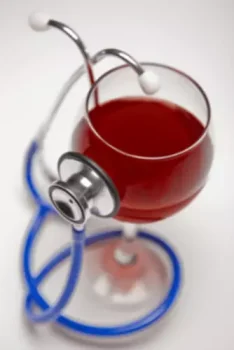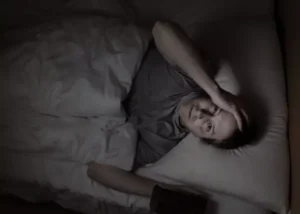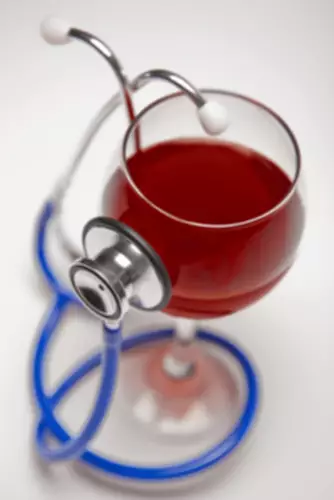
These triggers have led to extreme discomfort, family conflict, onset of illness, worsening of symptoms, episodes and hospitalizations. The steps are about understanding yourself, making positive changes, and learning to help others. The 12th step can be applied by helping an addict who has relapsed to return to recovery. While it can be difficult to control triggers, those who experience them can learn from past experiences, apply what they learn, and limit the risk of being re-triggered. Avoid only focusing on what happens after a trigger; also focus on what can be done beforehand. One of the biggest obstacles people face when they are suffering from a substance use disorder are triggers that cause relapses.

Internal Drug And Alcohol Relapse Triggers
We publish material that is researched, cited, edited and reviewed by licensed medical professionals. The information we provide is not intended to be a substitute for professional medical advice, diagnosis or treatment. It should not be used in place of the advice of your physician or other qualified healthcare providers. Awareness of these risks and proactive communication with your treatment team and support network can help manage relapse triggers during major internal and external triggers life changes.

Trigger Management: Healthy Coping Skills
Our dedicated team is here to help unravel the complexities of your triggers, providing guidance and support tailored to your unique needs. They’re the emotions, thoughts, and memories that unconsciously drive our actions and reactions. Don’t face these challenges alone—join our community at The Retreat today! Take that first step toward overcoming your triggers by reaching out to us; we’re here to support you every step of the way https://ecosoberhouse.com/article/alcoholic-liver-disease-symptom-and-treatment/ on your path toward lasting recovery. Some people prefer one-on-one therapy to recovery groups or 12-step programs.
Addressing You Directly
- If you need extra support, reach out to a mental health professional.
- If you’re ready to seek help, you can visit Psych Central’s guide to finding mental health support.
- Seeking professional help when faced with challenges during your recovery journey is paramount.
- There is a wide variety of smells that can serve as a common relapse trigger.
- Former drug or alcohol users are in denial during emotional relapse, but they do not have thoughts of using.
The uncertainty of why they didn’t receive a response may cause them to relive feelings of abandonment. The word “triggered” is used more casually nowadays, which has likely caused some confusion. But it’s important to note that there’s a difference between being uncomfortable or offended and having a true mental health symptom. Or perhaps you live with substance use disorder, where the smell of alcohol or a certain scene can trigger your symptoms. EMERGENCY NEEDSIf you are experiencing a medical emergency or there is immediate danger of harm, call 911 or visit a hospital emergency department and explain that you need support for a mental health crisis.

These changes can cause stress, anxiety, and uncertainty, which can lead to cravings and make it harder for individuals to cope with their addiction. Awareness of potential triggers and reaching out to your support system when needed can help overcome the challenges posed by reminders of past use. By staying vigilant and seeking help when necessary, you can continue your recovery journey and avoid the pitfalls of relapse. If you experienced a traumatic event, you likely remember certain sounds, smells, or sights related to that experience. Now, when you encounter these sensory reminders — known as “triggers” — you may get a feeling of anxiety, unease, or panic.

